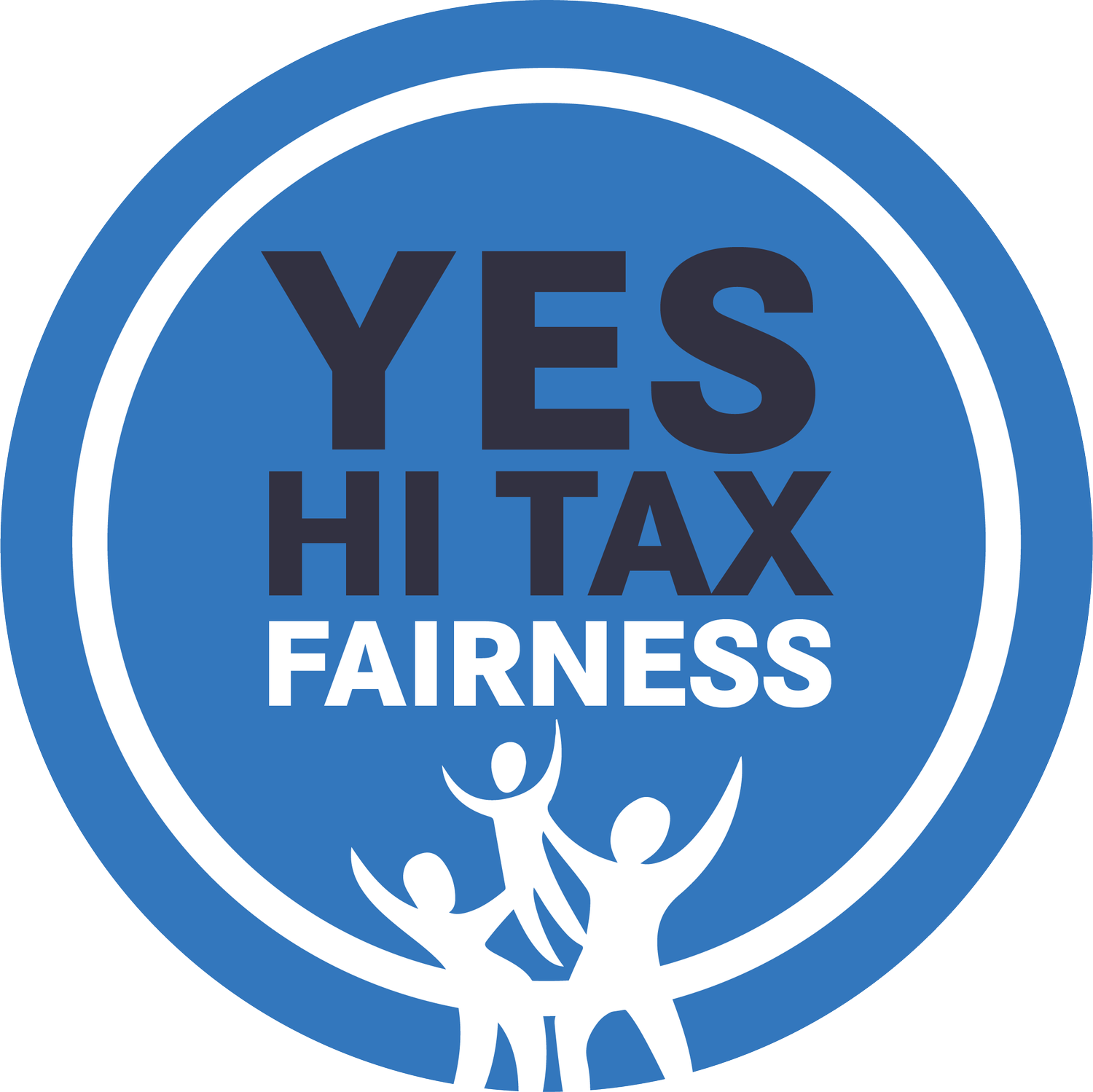Child Tax Credit
Helping local families with children afford the high cost of living.
The federal child tax credit helps offset the costs of raising kids and is worth up to $2,000 for each qualifying child. To get a federal child tax credit refund, a person must earn more than $2,500.
Raising children is expensive—recent reports show that the cost of raising a child is over $200,000 throughout the child’s lifetime. The American Rescue Plan Act of 2021 increased the federal child tax credit from $2,000 to $3,600 for qualifying children under age six, and $3,000 for other qualifying children under age eighteen, while allowing the credit to be distributed on a monthly basis.
The provisions of the American Rescue Plan that strengthened the child tax credit expired at the end of 2021, despite lifting millions of families and their children out of poverty.
In the face of federal inaction to maintain a robust child tax credit, states have a responsibility to enact policies that assist working families with children in meeting their basic needs.
According to the National Conference of State Legislatures, twelve other jurisdictions have enacted a state child tax credit.
State laws vary regarding refundability and how child tax credits are calculated. The two primary approaches are either establishing a fixed limit or a percentage of the federal child tax credit. The fixed limit for state child tax credits ranges from $75 to $1,000 per child. The percentage for state child tax credits range from five per cent to thirty-three per cent of the federal child tax credit.
Our proposal would establish a refundable child tax credit for Hawaiʻi's working families of $1,000 for each child aged 0-5 and $500 for each child aged 6-17, to be distributed to qualifying taxpayers on a monthly basis.


